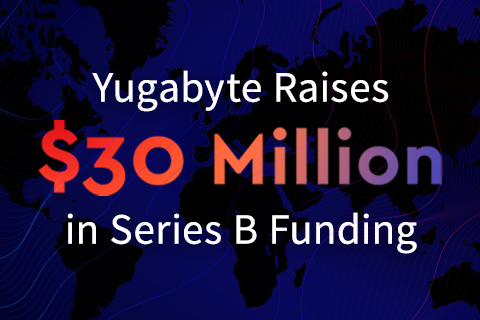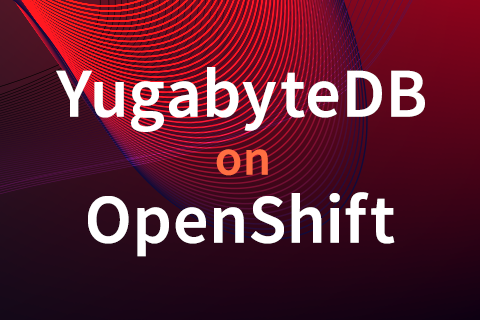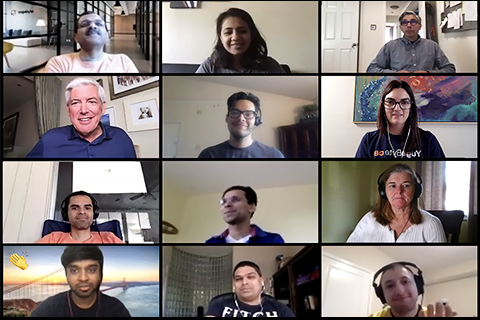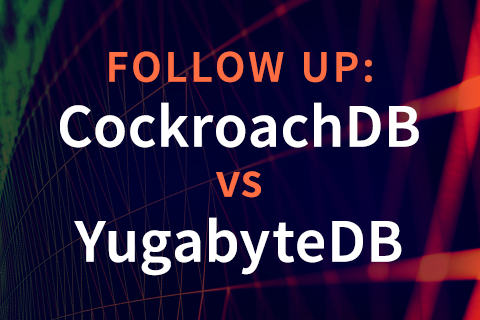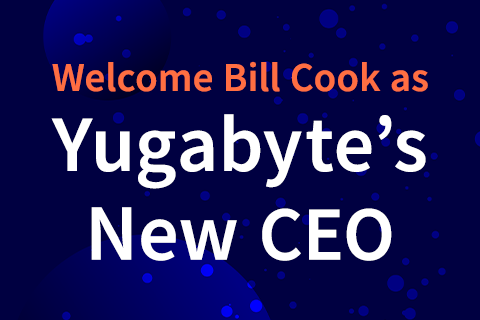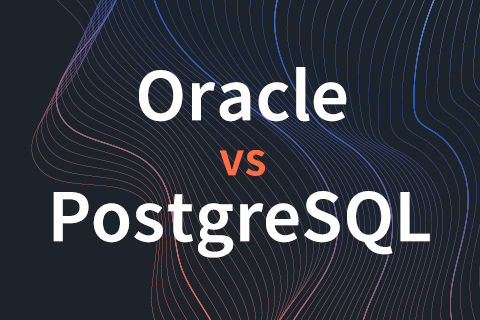Yugabyte Raises a $30 Million Series B
It is my pleasure to announce that Yugabyte has raised $30 million in an oversubscribed Series B funding round led by 8VC, with participation from Wipro Ventures and existing investors, Lightspeed and Dell Technologies Capital. Bhaskar Ghosh from 8VC joins our board of directors along with Scott Yara, formerly of Greenplum and Pivotal Software. We are truly excited to partner with Bhaskar Ghosh and the dynamic team at 8VC,
…
